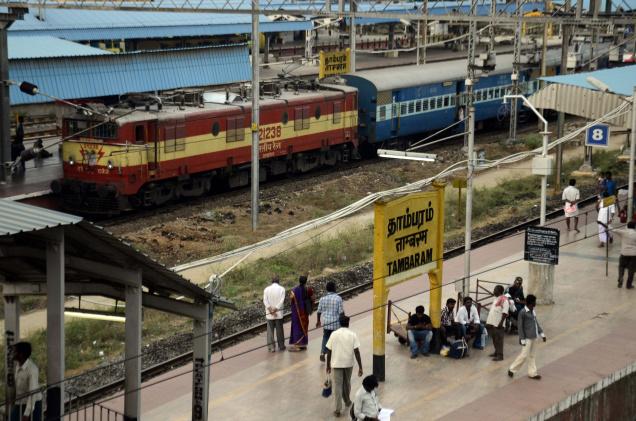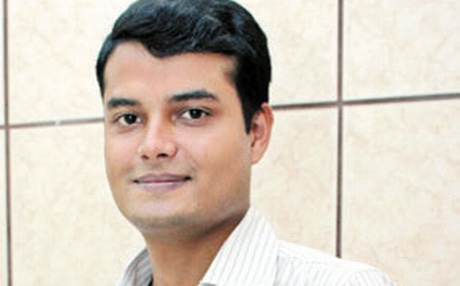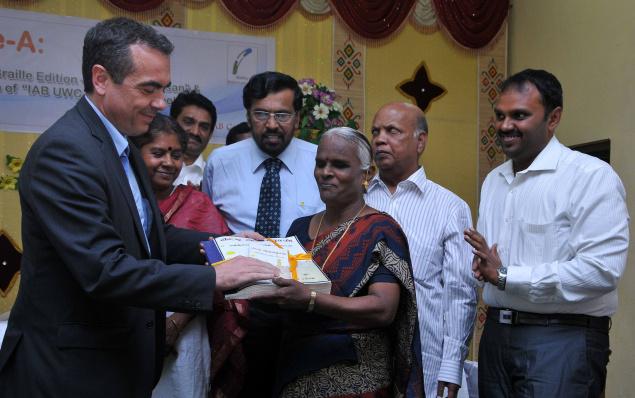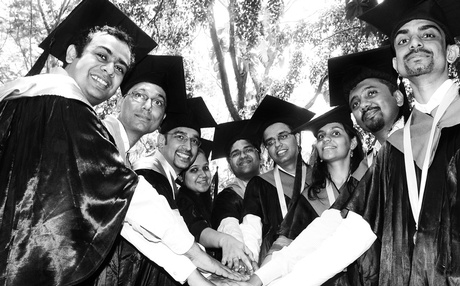Keelakarai :
The US is helping India realise one of its goals of establishing 100 community colleges under a new area of collaboration, Consul General of US Consulate, Chennai, Jennifer Mcintyre , said today.
Participating at the Founders’ Day celebrations of the Mohamed Sathak College of Engineering here, she said the US also supports India’s launch of a high education web portal to disseminate information on education collaboration and exchanges.
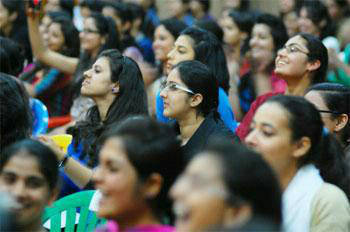
She said she expects the number of college and university representatives visiting India to increase manifold in future.
The US representatives were seeking to increase international student enrolment to prepare their graduates for better leadership in the new global economy.
Mcintyre said about a year ago eight grants were awarded for joint studies in the fields of Energy, sustainable community development, environment , education and public health, of which three were given to South Indian institutions.
She also said India has the largest number of Fulbright scholar exchange Programmes worldwide with more than 17,000 fellowships and other grants awarded to Indians and Americans.
“The goal of preparing our youth to meet the challenges of the 21st Century is the one that the US and India share,” she said.
Mcintyre suggested that people in faraway areas like Kilakarai contact USIEF ( United States India Educational Foundation ) through the consul website to get information on education opportunities in the United States.
source: http://www.articles.economictimes.indiatimes.com / The Economic Times / Home> News> News By Industry> Services / April 03rd, 2013
